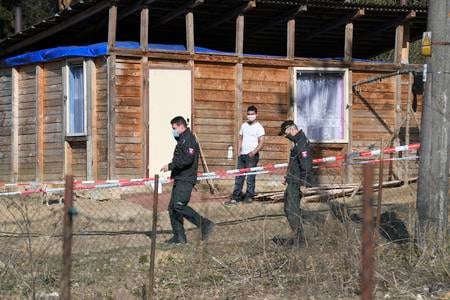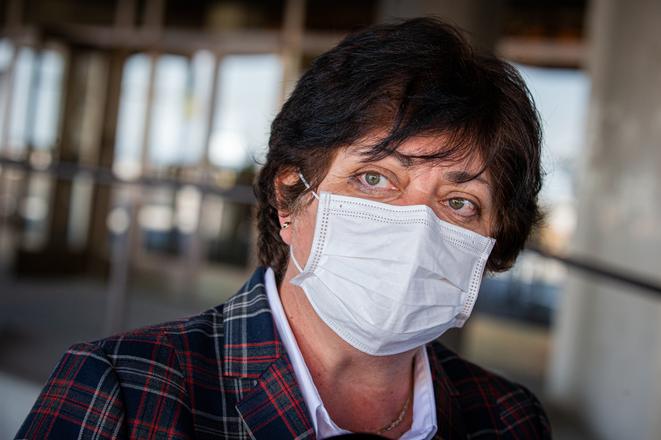Amid the pandemic and with the declared state of emergency Slovakia is still a democratic state where rule of law should apply. That is why we need to be sensitive in assessing possible human rights violations, says Ombudswoman Mária Patakyová.
The Slovak Spectator (TSS): The pandemic has shown that not everyone living in Slovakia has equal chances of coping with the coronavirus. Where do you see the biggest problems?
Mária Patakyová (MP): The pandemic is a unique situation in that it is a combination of several levels of rights. It is quite difficult to stabilise the character of the individual measures that have been taken to make sure they are in accordance with the constitution. Limiting fundamental rights and freedoms, albeit temporary, cannot turn into completely depriving people of their rights. This is the case with the measures concerning freedom of movement or of residence, for example.

The situation is changing in time, which makes it all the harder. The public defender of rights is here to keep an eye on how fundamental rights and freedoms are observed. Slovakia is a democratic state with a rule of law even in the time of pandemic and state of emergency, and that is why we need to be precise and sensitive in evaluating the violations of human rights.
It is very important for the future: The important thing for me is that we identify the violation of fundamental rights and freedoms now so that we can learn from that for the future. In case we find ourselves in a similar situation again, we will be better off with the knowledge we have gained from the current situation.
TSS: You have criticised imposing quarantine on entire settlements where marginalised communities live. PM Igor Matovič said this decision was not made on a racial basis but rather based on the epidemiological situation. Do you think this measure may lead to increased racism from the side of the majority?


 Ombudswoman Mária Patakyová (source: Sme)
Ombudswoman Mária Patakyová (source: Sme)